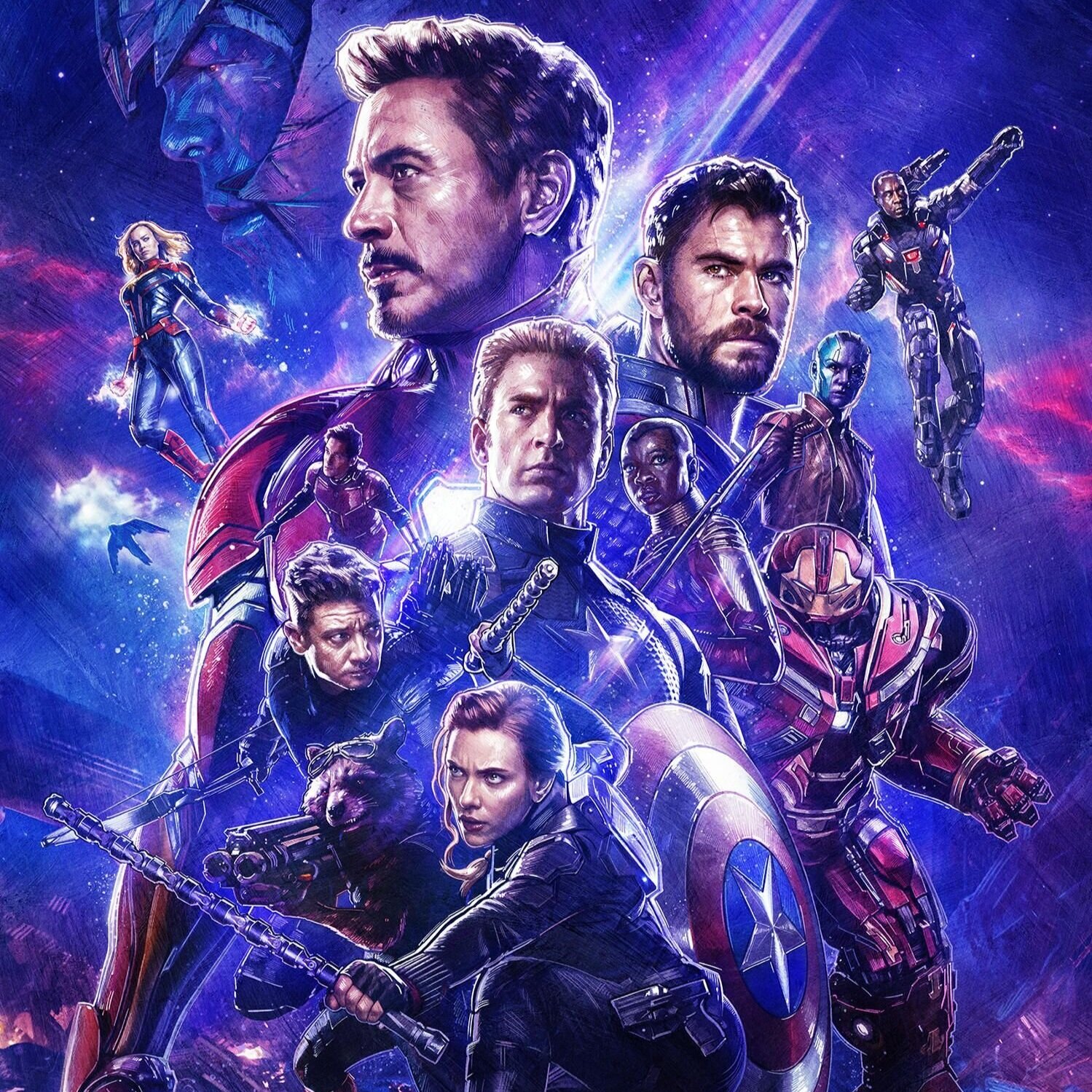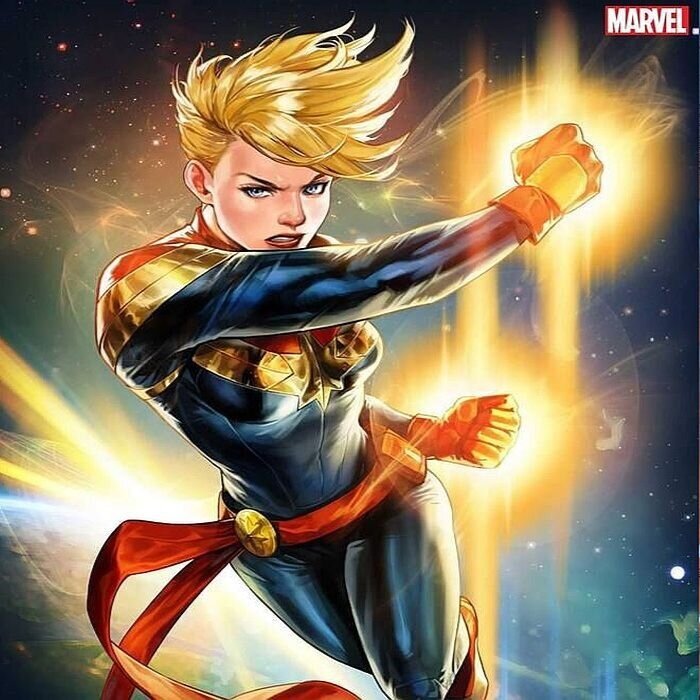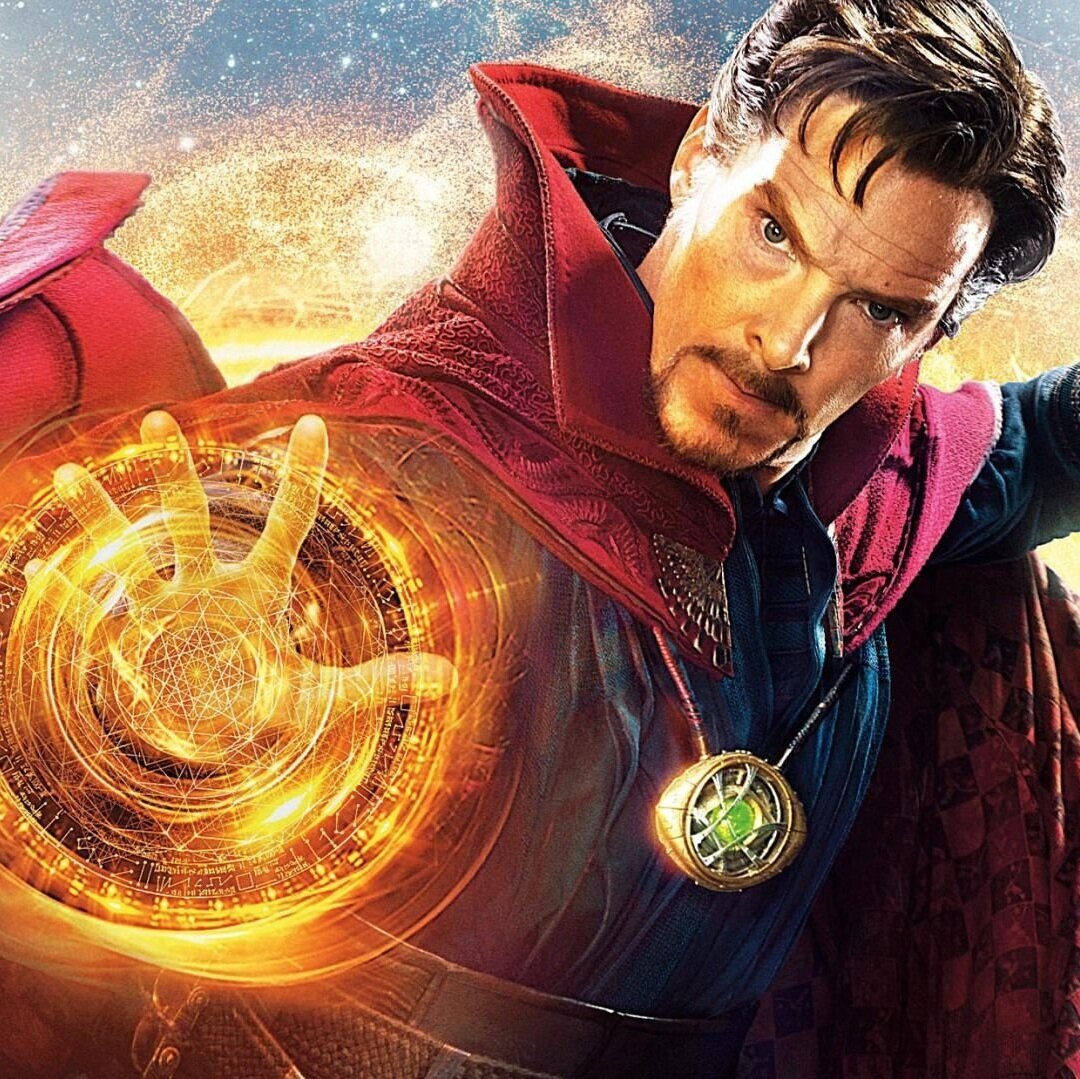Marvel’s Luke Cage: Defiantly Black
Created in 1972, Luke Cage was the first black superhero to receive his own standalone comic-book issue. In 2016, Marvel’s Luke Cage not only pays close homage to its source material, but also compellingly speaks to relevant issues in current times.
The 1970s saw a renaissance in African-American films catered specifically to an urban black audience - known as blaxploitation films - that explored racial relations in America. In many ways Luke Cage tells a blaxploitation tale through a superhero’s origin story. Set in the historically black neighbourhood of Harlem, and with an almost exclusively African-American cast and a seamless infusion of soul, jazz, hip-hop and rap music throughout the series, Luke Cage boldly embraces its grounded identity and culture.
Central to this is the use of music in Luke Cage, a clear nod to the soulful music in blaxploitation films. Multiple episodes feature actual hip-hop, R&B and blues artists who perform at Cottonmouth’s nightclub Harlem’s Paradise, which often sets the tone and builds atmosphere for the rest of the episode. Each song also directly mirrors the mental state of a particular character, which greatly enriches the overall viewing experience, as the music oozes emotion. Elsewhere, the music adds a certain stylishness to the storytelling, in particular when Luke Cage single-handedly takes down a fortress of Cottonmouth’s men while listening to Wu-Tang Clan.
Admittedly, the series appeals to a lot of typical stereotypes – basketball, gang violence, and police brutality, as well as ample profanity and use of the “N-word”- but at the same time the show establishes its characters to be so much more than them. Luke Cage, Pop, and even Cottonmouth are all cultured, articulate and complex men with genuine heart and humanity. Luke and Pop often discuss literature and chess, while in Cottonmouth’s upbringing we see an innocent boy who is a musical prodigy, coerced into a life of crime and turned cold when his gang-leader mother forces him to execute his own uncle. The series relies heavily on the development of characters surrounding Luke, and the richness of these characters really elevates it above previous Marvel projects, which tend to focus exclusively on their main heroes accompanied by one-dimensional supporting characters.
For instance, take the father figure Pop and his barbershop, otherwise known as the “Switzerland of Harlem”. This sanctuary amidst the chaos embodies the wider black community in Harlem: there is Luke Cage who sweeps hair and does laundry to make ends meet; Pop, a wise man with a troubled past who takes in orphaned teens to “keep them off the streets”; and Cottonmouth, gang-leader and villain whose presence and attack on the shop highlights the tension and internal conflict within the community.
It is not difficult to draw parallels between the show and America today, and clearly the series intends to make the comparison. At one point, Luke Cage confronts two police officers who demands identification “because they said so”, and subsequently open fire at the bullet-proof man when he resists arrest. The director calculatingly chooses to shoot the scene from a police-car dash-cam, and the realism of this encounter serves as a chilling reminder to recent, tragically similar footage involving not so bullet-proof people. The show’s “Luke Cage” movement that sparks following the incident - and sees black men wearing bullet-hole-ridden hoodies in support of the superhero - effectively becomes the series’ own #BlackLivesMatter. The solidarity in these protests reflects the unity and strength of the African-American community in times of hardship.
While Netflix’s Luke Cage certainly is not the best overall Marvel project to date (for reasons not discussed here), it sets itself apart from the alien-invading and city-destroying antics of other Marvel stories with its grounded realism. Daredevil and Jessica Jones, which precede Luke Cage do scale down significantly to tell a localized tale, but neither reach the level of sophisticated depiction of a hero’s surrounding world the way Luke Cage captures the culture and sense of community in Harlem. To read criticisms of the show being “too black” or “lacking diversity” is genuinely disheartening. In keeping this article cordial, I would just like to say as a minority myself, you simply cannot over-represent a historically under-represented and oppressed group. It is shows like Luke Cage, Orange is the New Black, Atlanta and so on that are slowly turning the tides to overturn racial inequalities in mainstream media.




























